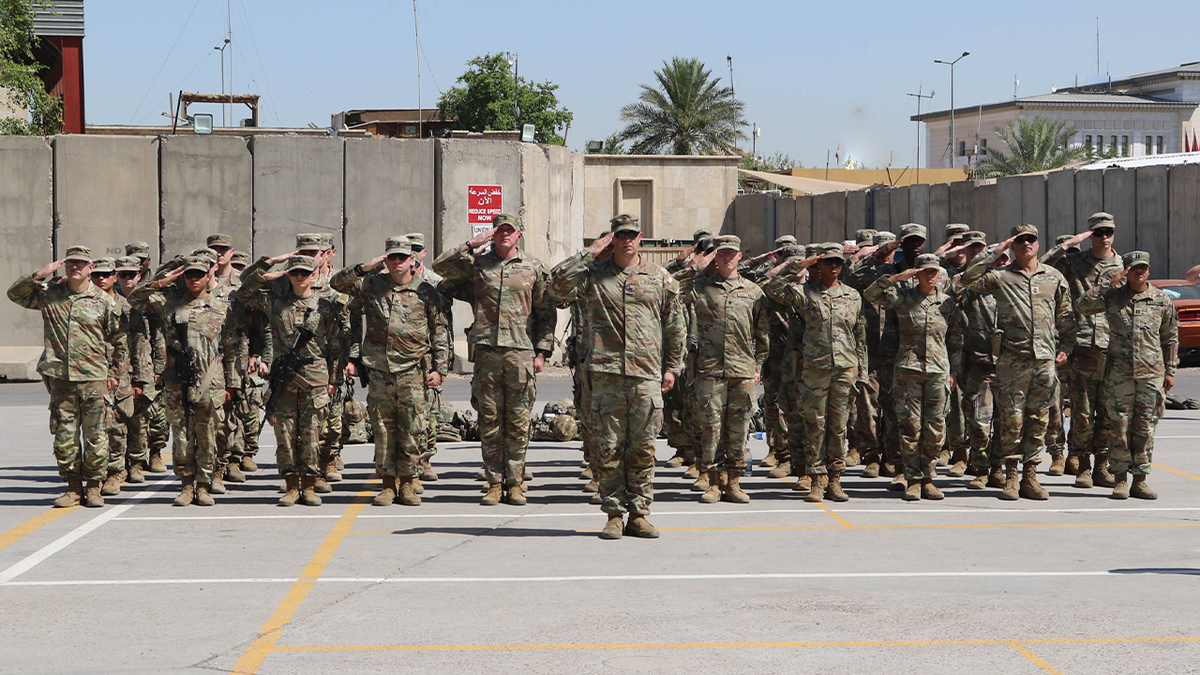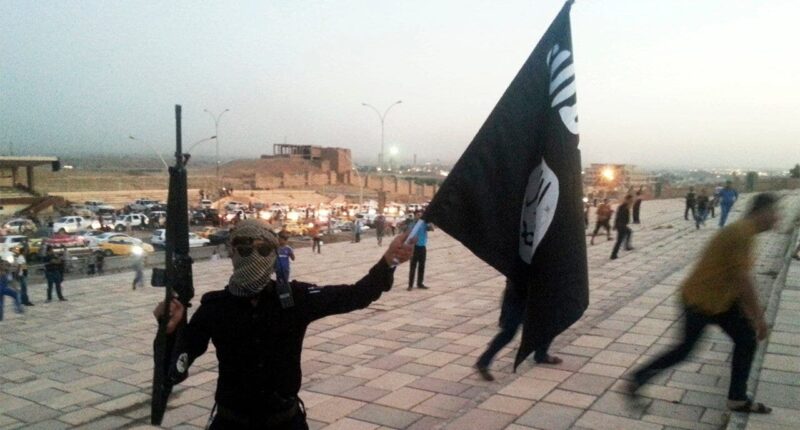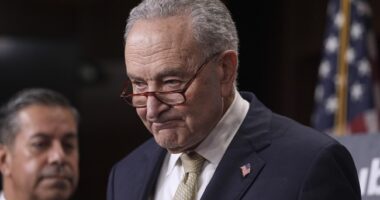The Islamic State threat has once again made headlines after the recent attack on New Year’s Day in New Orleans. A man, potentially linked to the terrorist network, drove a pickup truck into a crowded street, causing chaos and tragedy.
The man behind this act, Shamsud-Din Jabbar, was a U.S.-born citizen and an Army Veteran from Texas. His deliberate attack on Bourbon Street led to the deaths of at least 15 people and left many more wounded.
Although there are suspicions of his ties to ISIS, the FBI has not officially confirmed his direct connection to the terrorist group. Despite claims of defeating the network in 2019, Islamic State’s presence has continued to grow globally, especially in regions like the Sahel in Africa.

Law enforcement officers from multiple agencies work the scene on Bourbon Street after at least 15 people were killed when a person allegedly drove into the crowd in the early morning hours of New Year’s Day on Jan. 1, 2025 in New Orleans. (Michael DeMocker/Getty Images)
The security expert said that when it comes to Afghanistan and the threats posed against the U.S. and its Western allies, the Taliban and al Qaeda remain a greater threat than ISIS, though he emphasized that ISIS does increasingly have “more space to operate.”
“The Assad regime was an enemy of the Islamic State,” Roggio said. “One of the Islamic State’s enemies has been taken off the board, and therefore it will give ISIS more space to regenerate strength in an area where it already has a significant presence.”
However, there is a third area where ISIS has strong roots and where it could see a resurgence should the U.S. again pull troops from the area.
The Biden administration in September announced that, in coordination with the Iraqi government, the U.S. will end its military mission in Iraq to combat the Islamic State by 2026. The move was met with immediate concern from security experts who argued that ISIS remains a top threat to the U.S., and it could further endanger American soldiers still fighting the terrorist network in Syria.
Specifics on the troop drawdown remain unclear, and plans to renegotiate a change to the withdrawal plans following the collapse of the Assad regime and the ambiguous state of Syria have not emerged.
It remains further unlikely that the incoming Trump administration will push to keep U.S. soldiers in Iraq despite the threat posed by ISIS given the president-elect’s push to withdraw U.S. forces from Afghanistan during his first term.

Service members part of Operation Inherent Resolve stand in formation and salute the United States flag during a Memorial Day ceremony at Union III in Baghdad on May 27, 2024. (U.S. Army)
“The U.S. has to decide if it wants to remain in Iraq and Syria in order to counter the Islamic State and other target groups,” Roggio said. “And if it decides to stay, it needs to beef up [its] presence in order to deter threats from militia groups that have been attacking U.S. troops.
“The U.S. effort to keep the Islamic State down is critical. Without the U.S. presence there, groups like the Islamic State, will thrive given the lawlessness,” the security expert added. “As bad as the Assad regime was, and it was a horrible regime, it did fight the Islamic State – so without their presence, you have another terrorist organization that is in nominal control of large areas of Syria.
“As we learned in Afghanistan, you can’t trust terrorists to fight other terrorists,” Roggio added.
Fox News Digital could not reach the Trump transition team for comment on his plans regarding U.S. troops in the Middle East.

















